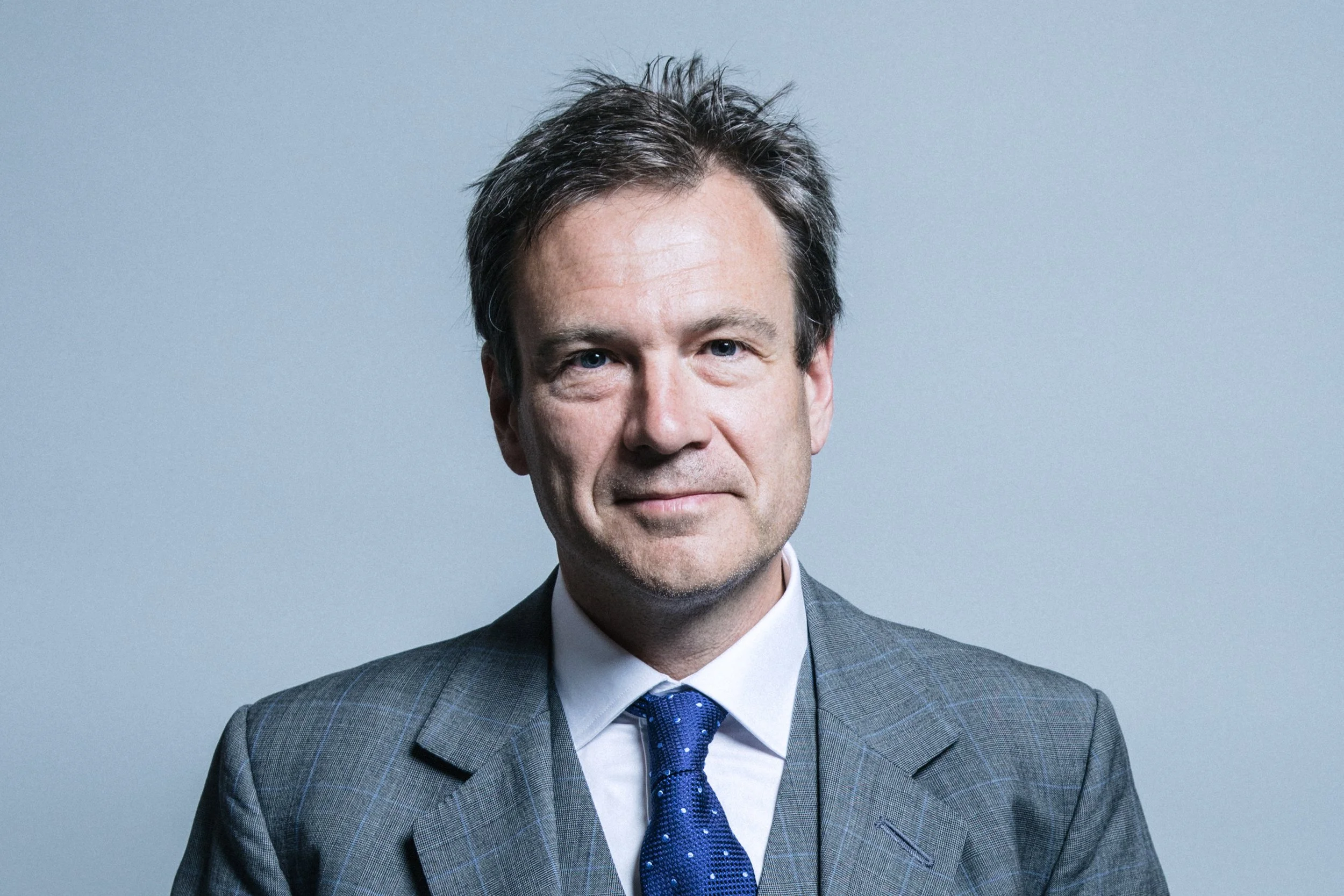Bob Seely MP introduces Anti-SLAPP measures in 10 minute rule bill
Bob Seely MP. Photo: UK Parliament
On Tuesday 24 January, Bob Seely – Conservative MP for the Isle of Wight – introduced a 10 Minute Rule bill on Defamation, Privacy, Freedom of Expression, Data Protection, Legal Services and Private Investigators. Among other provisions, this represents the first appearance of Anti-SLAPP measures before British legislators.
The text of the Bill closely mirrors the Model Law developed by the UK Anti-SLAPP coalition, of which Blueprint is a part. Blueprint is one of 21 organisations that has endorsed this text.
England and Wales, whose defamation laws are seen as claimant-friendly, despite several attempts at reform of the years, is a particularly important jurisdiction for SLAPPs internationally, as a significant proportion of cross-border SLAPPs are initiated there.
Recent high-profile cases, and related concerns about Russian influence, have led to heightened awareness of SLAPPs among British politicians. In part due to this increased political interest, in November 2022, the Solicitors Regulation Authority issued a warning to its members about involvement in abusive litigation.
In 2022, the UK Ministry of Justice held a public consultation into SLAPPs in the UK. In its review of responses, the Ministry suggested that legislation was forthcoming, though subsequent changes of government have brought its current status into doubt.
Speaking in favour of his Bill, Seely noted that “naivete, bad judgement or simple greed” of law firms based in London were a significant part of the problem. The rise of integrated reputation management solutions, including surveillance of targets as well as litigation was “a form of legalised intimidation”.
Seely cited a number of London law firms by name, including those which acted for the several Russian oligarchs who sued Catherine Belton, the author of Putin’s People, published by HarperCollins; as well as Mishcon de Reya, who initiated many of the legal cases against Daphne Caruana Galizia. Seely said it was “extraordinary” that the firm had not been accused of harrassment.
Seely was also highly critical of the UK regulatory bodies the Bar Council, Law Society and the SRA who, he said, were guilty of “conniving silence”
He noted that, in addition to defamation claims “Abuse of data protection is increasingly being used as a weapon, especially subject access requests.” Over and above mechanisms for early dismissal of SLAPPs and other measures familiar from the UK Model Anti-SLAPP law, Seely explained that his Bill includes a public figure defence on libel and subject access requests. He also proposed limitations on the activities of private investigators and other kinds of surveillance activities used to intimidate journalists.
Concluding, he called on the government to support his bill if they were not going to introduce their own.
The debate was followed by a vote, and the Bill was allowed to proceed to its second reading on 24 March.
The ten minute rule is a device by which backbench MPs – those without government positions – can introduce a Bill for consideration. In practice, practically no legislation introduced in this way goes on to become law. However, 10 minute rule Bills can be a useful device for publicising a cause and gauging support for it in Parliament.

